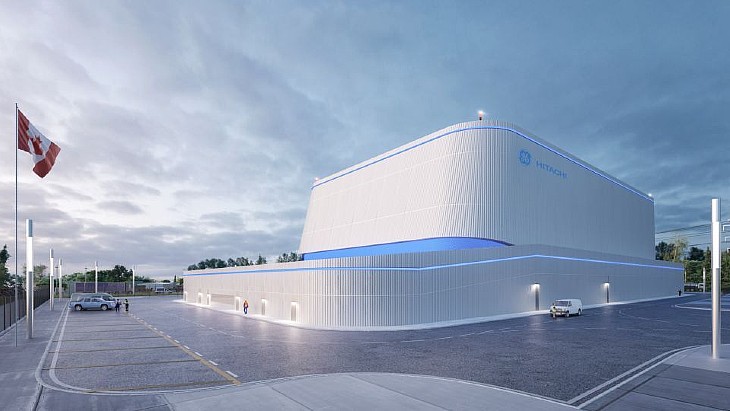Decommissioning plan for Leningrad 1 and 2 gets backing

The decommissioning plans for the two RBMK-1000 reactors were available for comment for a month ahead of the meeting which included representatives of the local and regional government, environmental organisations as well as nuclear regulatory organisations and the Rusian Nuclear Society.
In the conclusion of the meeting Oleg Muratov, executive secretary of the North-Western branch of the Russian Nuclear Society, who is also a member of the Academy of Sciences of Ecology, Human Safety and Nature and a member of the public council of Rosatom, said that after consideration of all the materials it could be concluded they corresponded with regulatory requirements, including minimising any impact on the environment in the region as a result of the decommissioning.
Leningrad plant director Vladimir Pereguda said: "We are replacing power units with RBMK-1000 reactors with more powerful, safer and automated VVER-1200s. For RBMK-1000 units, we have approached the final stage of the life cycle - decommissioning, which is scheduled to begin in 2025. We are holding public discussions so that the residents of our region receive full information about the decommissioning concept adopted for nuclear power plants, a safe system for handling radioactive waste and spent nuclear fuel during the dismantling of power units."
Such a process has to be carried out in Russia before submitting documents for state environmental approvals and for a licence from the Federal Service for the Supervision of Environment, Technology and Nuclear Management (Rostekhnadzor).
The Leningrad nuclear power plant is one of the largest in Russia with an installed capacity of 4400 MWe. Leningrad 1 shut down in 2018 after 45 years of operation. Leningrad 2, also a 1000 MWe RBMK unit, started up in 1975 and was permanently shut down in November 2020.
The Leningrad plant and its neighbour Leningrad II produce about 55% of the electricity used in the city of St Petersburg and the highly industrialised Leningrad region. As the first two of the Leningrad plant's four RBMK-1000 units shut down, new VVER-1200 units have started at Leningrad II. The 60-year service life of the new units secures power supply until the 2080s.










_88592.jpg)

